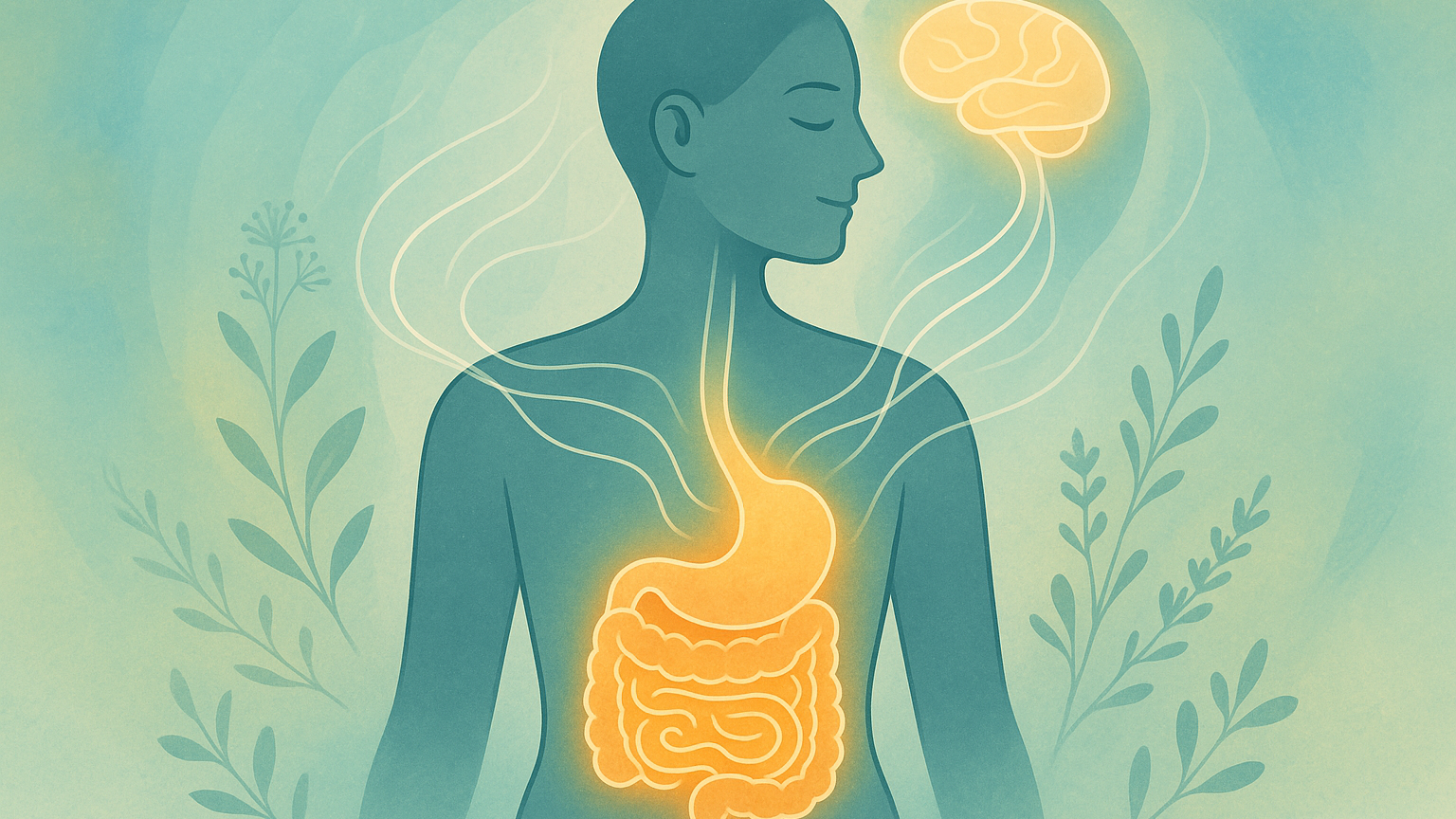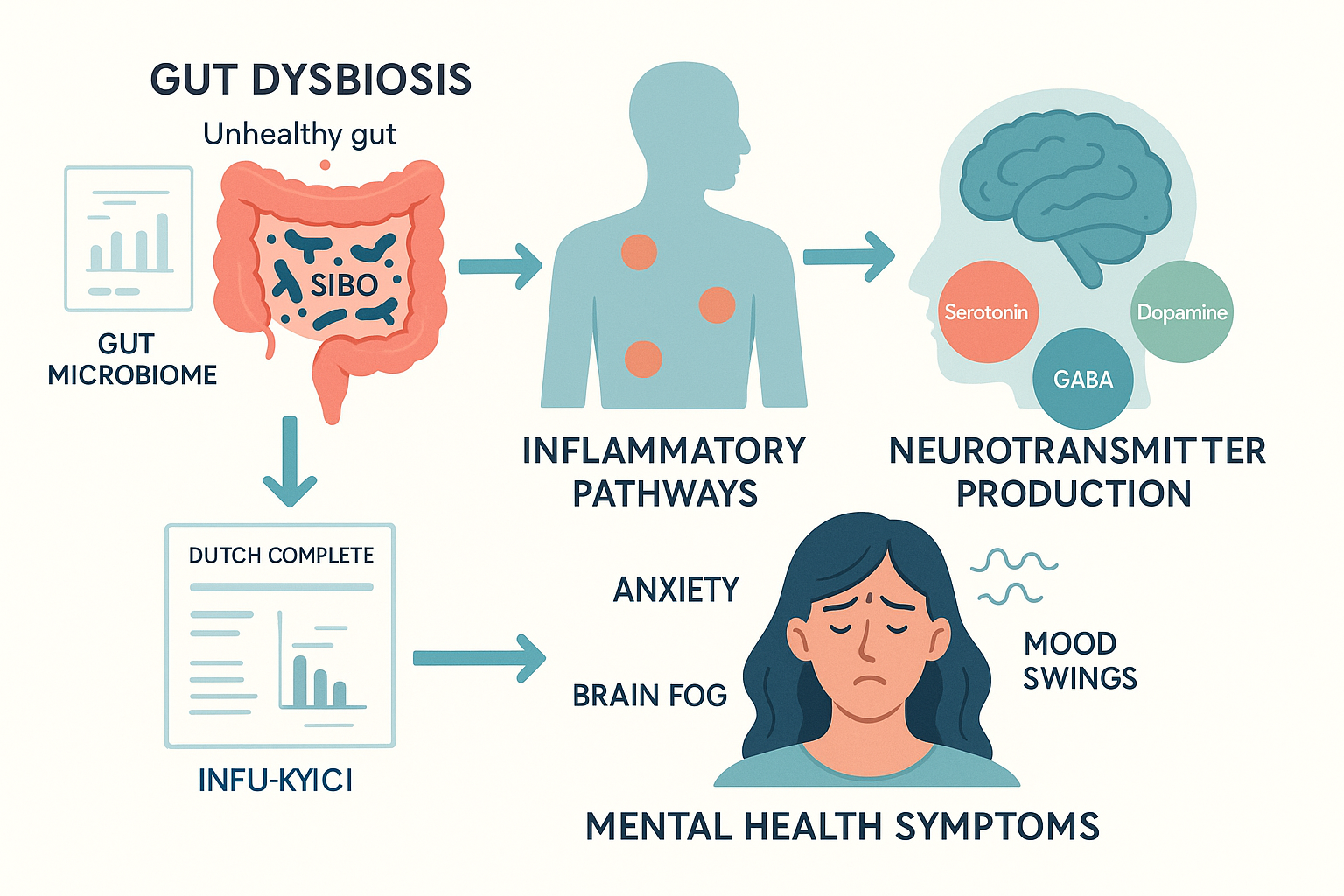Feeling Low? Start with Your Gut.
When it comes to mood and mental health, most people think of the brain first. But the truth is, your gut has a much bigger impact on how you feel than you might expect.
Inside your digestive system, especially the small intestine, a surprising number of things happen — not just digestion. It secretes mucus and bicarbonate to protect your lining, along with about 3 liters of digestive fluid every day. What’s more surprising is that it produces over 20 hormones, one of the most important being serotonin.
That’s right — the same chemical we associate with happiness, calm, and emotional balance is mostly made not in the brain, but in the gut. In fact, research shows that about 95% of your body's serotonin is produced in the digestive tract.
Serotonin and the “Second Brain”
The gut is often called the “second brain” — and for good reason. The fact that serotonin is produced so abundantly there proves how deeply our digestive health and emotional state are connected.
Unlike endorphins, which spike in moments of excitement or thrill, serotonin brings a more grounded kind of happiness — like what you feel when walking a dog, listening to music you love, or sitting quietly with a view of the sunset. It’s steady, calming, and essential for long-term emotional balance.
Why This Matters for Depression
Many people dealing with depression don’t realize that their gut might be a key part of the puzzle. It’s common to see irregular eating patterns, poor food quality, and inflammation in those who struggle with mood. These things all impact serotonin production and overall gut function.
But there’s good news. Shifting to a more stable diet — one rich in fruits, vegetables, nuts, and plant-based proteins — along with keeping regular mealtimes, often leads to a noticeable improvement in how people feel. The gut responds quickly to consistency and nourishment.
Food That Supports Better Mood
Serotonin is made from tryptophan, an amino acid found in foods like:
-
Nuts and seeds
-
Legumes and leafy greens
-
Colorful fruits and vegetables
These nutrients, especially when combined with a balanced gut microbiome, help the body naturally regulate mood, improve focus, and reduce stress.
In Closing
If you or someone you care about has been feeling low or stuck in a cycle of anxiety or depression, don’t overlook the gut. It may not be the only factor, but it’s often a big piece of the puzzle. Taking care of your digestion isn’t just about physical health — it could be one of the best ways to support emotional healing, too.

